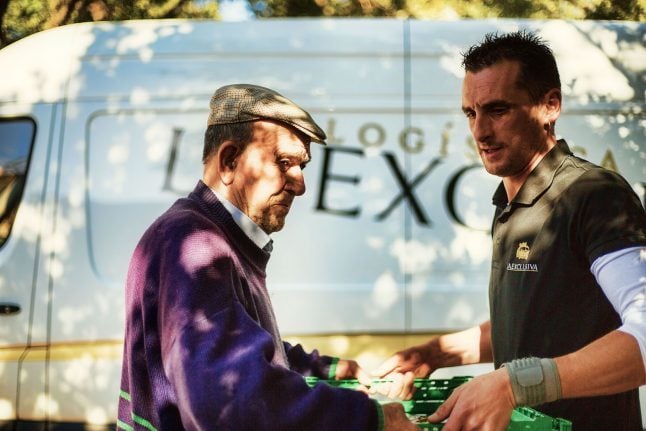The Sør-Trøndelag district court found the 25-year-old man guilty of breaking copyright law when he uploaded the subtitles for movies and TV series to his own website.
Prosecutors had called for the student at the Norwegian University of Science and Technology in Trondheim to be given a three-week jail term but this was deemed excessive by the court, newspaper Adresseavisen reports.
The student admitted to the offence, which meant he was eligible for a less severe sentence than would otherwise have been the case.
Starting in 2009, the 25-year-old student uploaded Norwegian subtitles for around 400 films and television series to his website. As the owner of the site, he also made it possible for other users to distribute a total of 6,024 subtitle files.
He is not believed to have made any money from the site despite its immense popularity, with around one million downloads registered during its relatively short lifespan.
Since the dialogue in TV series and films is copyright protected, any reproduction, translation or duplication is prohibited.
The verdict was the first of its kind in Norway concerning the illegal distribution of subtitles, an offence the court said it considered far less serious than the sharing of files for full movies or television series.



 Please whitelist us to continue reading.
Please whitelist us to continue reading.
Member comments